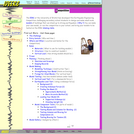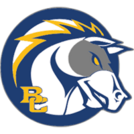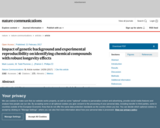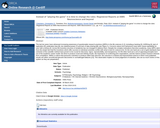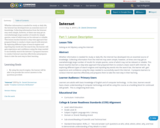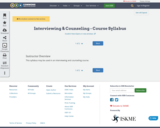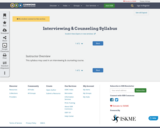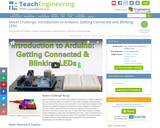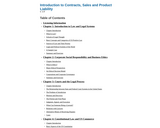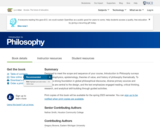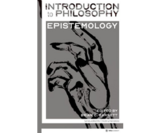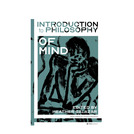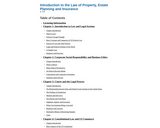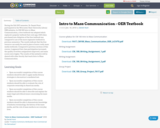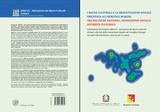
Il volume rappresenta la tappa finale della prima stagione di implementazione del Progetto ABACUS (giugno 2019 - settembre 2020), sostenuta dal finanziamento pubblico garantito dalla Regione Siciliana e dalla Presidenza del Consiglio dei Ministri. In tal senso, la pubblicazione raccoglie sia una sezione di materiali di discussione critica sul percorso progettuale e sui primi esiti maturati, sia una ricca parte di contributi tematici offerti da referenti istituzionali, studiosi ed esperti, docenti accademici e ricercatori, professionisti e rappresentanti di organismi del Terzo settore Sono state così affrontate ed esaminate differenti tematiche e problematiche socio-culturali e socio-economiche, e prospettive e approcci metodologico-operativi tra loro affini e convergenti, che si sviluppano a cavallo delle politiche sociali, giovanili e culturali, della progettazione sociale e culturale, dell'innovazione sociale e della diversità culturale, in differenti contesti socio-territoriali siciliani e italiani, con una particolare attenzione per quelle iniziative che rappresentano casi paradigmatici in cui le istanze istituzionali, della ricerca, dell'educazione e della formazione si incontrano con le aspettative dei pubblici differenziati e, specialmente, delle giovani generazioni, anche sull'orizzonte della innovazione dell'occupazione giovanile.
- Subject:
- Arts and Humanities
- Social Science
- World Cultures
- Material Type:
- Activity/Lab
- Assessment
- Case Study
- Primary Source
- Author:
- Alessandra Caravale
- Alessia Bono
- Andrea De Tommasi
- Andrea Messina
- Angela Vitale
- Antonija Netolicki
- Antonio Grasso
- Antonio Sutera
- Carlo Volpe
- Caterina Mulè
- Claudio La Rocca
- Daniele Tulone
- Davide Silvestri
- Eleonora Giovene di Girasole
- Elisabetta Di Stefano
- Erika Coco
- Fabio Pagano
- Federica Lamonaca
- Filippo Gravagno
- Francesca Piazza
- Francesca Rita Cerami
- Francesco Iacono Quarantino
- Gabriela Del Rosario Abate
- Gabriella Paolini
- Giorgia Leoni
- Giovanna Sedita
- Giuseppe Bivona
- Giusi Carioto
- Giusy Pappalardo
- Ilaria Vitellio
- Lucia Piastra
- Luisella Pavan-Woolfe
- Maria Chiara Falcone
- Maria Laura Scaduto
- Massimo Clemente
- Matteo Tedo Fici
- Mirella Serlorenzi
- Riccardo Pozzo
- Rossella Mancini
- Sabrina Tomassini
- Salvatore Aurelio Bruno
- Stefan Luca Mangione
- Stefania Picciola
- Susanna Gristina
- Tiziana Bonsignore
- Ugo Arioti
- Vanessa Mantia
- Vania Virgili
- Vilislava Metodieva
- Yoanna Yordanova
- Date Added:
- 04/01/2021
